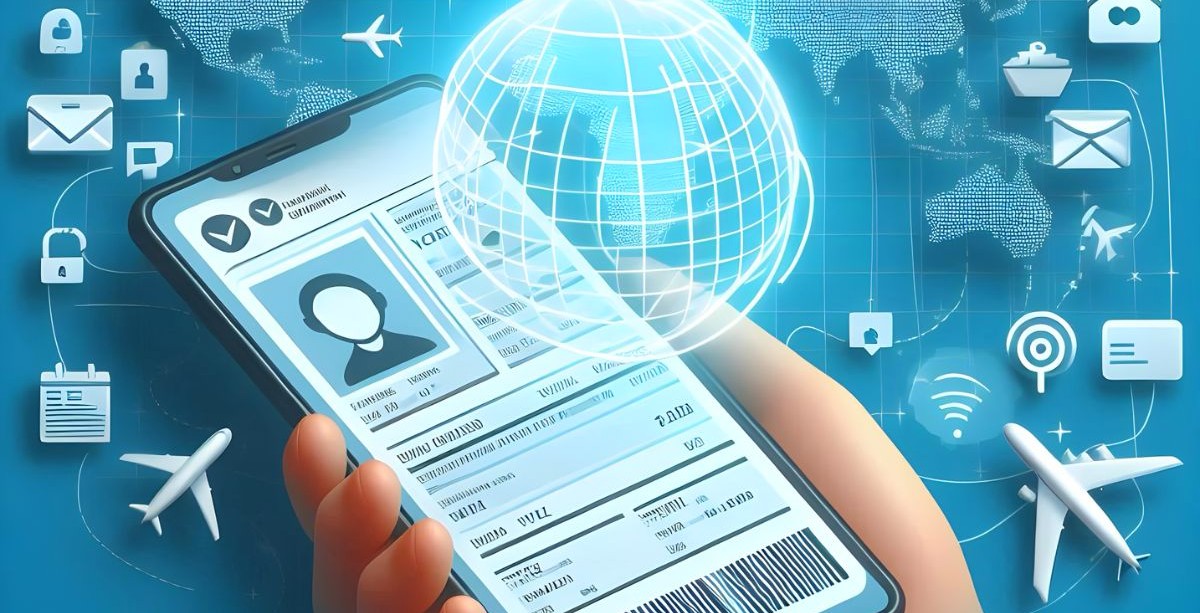Malaysia’s super-popular northern neighbour is is set to launch a new Electronic Travel Authorization (ETA) system for visa-exempt travellers in a bid to enhance security and streamline entry procedures.
The Ministry of Foreign Affairs of Thailand is preparing to launch a new Electronic Travel Authorization (ETA) system for visa-exempt foreign nationals. This requirement will apply to all visa-exempt travellers entering Thailand by air, land, or sea.
The ETA will not function as a visa but as an automated security screening, comparable to the upcoming ETIAS programme for visitors to the European Union’s Schengen area. Its objectives include enhancing security, deterring irregular migration, and monitoring health risks. Travellers are expected to receive email confirmation of entry within 24 hours.
Thailand’s 60-day visa exemption policy, effective from mid-July 2024, applies to citizens of 93 countries. This exemption covers most foreign tourists and requires no prior approval. The 60-day stay can be extended by an additional 30 days by applying at a Thai immigration office. Travellers can also reset their stay duration by briefly leaving and re-entering the country, a common practice known as a “border run.” This has led some to question the necessity of obtaining other types of visas, such as Elite, retirement, or family visas.
Here is the full list of 93 visa-exempt countries that will require an ETA to enter Thailand:
- Albania
- Argentina
- Armenia
- Australia
- Austria
- Bahrain
- Belarus
- Belgium
- Bosnia and Herzegovina
- Brazil
- Brunei Darussalam
- Bulgaria
- Canada
- Chile
- China
- Colombia
- Costa Rica
- Croatia
- Cyprus
- Czech Republic
- Denmark
- Dominican Republic
- Ecuador
- El Salvador
- Estonia
- Finland
- France
- Georgia
- Germany
- Greece
- Guatemala
- Honduras
- Hong Kong
- Hungary
- Iceland
- India
- Indonesia
- Ireland
- Israel
- Italy
- Japan
- Kazakhstan
- Kuwait
- Laos
- Latvia
- Lithuania
- Luxembourg
- Macau
- Malaysia
- Maldives
- Malta
- Mauritius
- Mexico
- Monaco
- Mongolia
- Montenegro
- Morocco
- Myanmar
- Nepal
- Netherlands
- New Zealand
- Norway
- Oman
- Panama
- Paraguay
- Peru
- Philippines
- Poland
- Portugal
- Qatar
- Romania
- Russia
- San Marino
- Saudi Arabia
- Serbia
- Singapore
- Slovakia
- Slovenia
- South Africa
- South Korea
- Spain
- Sri Lanka
- Sweden
- Switzerland
- Taiwan
- Tajikistan
- Tunisia
- Turkey
- Turkmenistan
- United Arab Emirates
- United Kingdom
- United States
- Uzbekistan
The rollout of the ETA system will occur in phases, from December 2024 to June 2025, and is expected to be free of charge. The new requirement will apply exclusively to visa-free arrivals. Travellers will need to submit their applications through the e-portal at www.thaievisa.go.th, which is becoming Thailand’s primary entry point for foreign visitors.
While many details of the ETA system remain under review, potential requirements may include proof of accommodation in Thailand and a return or onward flight ticket. However, the Ministry of Foreign Affairs has yet to release complete information on the specific documentation needed.
There is also uncertainty regarding whether the ETA system will impose limits on the number of 60-day entries per traveller. Previous rules limiting travellers to two border trips per year were recently abolished, but the ETA system could reintroduce limits through automated rejections.
Some exceptions will apply, such as diplomats, who are exempt from the ETA requirement. However, no exemptions have been announced for tourists over 70 years old, a policy that differs from those in other countries.
Approved ETAs will allow entry through electronic gates by scanning a QR code from the authorisation email. The system will conduct checks on passport authenticity, criminal records, and Interpol notices, aiming to streamline the immigration process and reduce disputes at entry points.
As the ETA system becomes a crucial part of Thailand’s digitized immigration process, further updates are expected from the Ministry of Foreign Affairs as the rollout date approaches.
"ExpatGo welcomes and encourages comments, input, and divergent opinions. However, we kindly request that you use suitable language in your comments, and refrain from any sort of personal attack, hate speech, or disparaging rhetoric. Comments not in line with this are subject to removal from the site. "





















